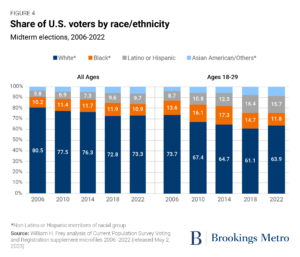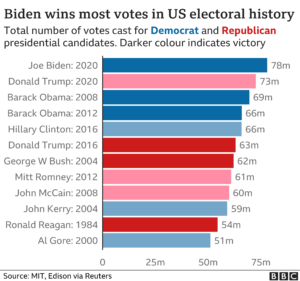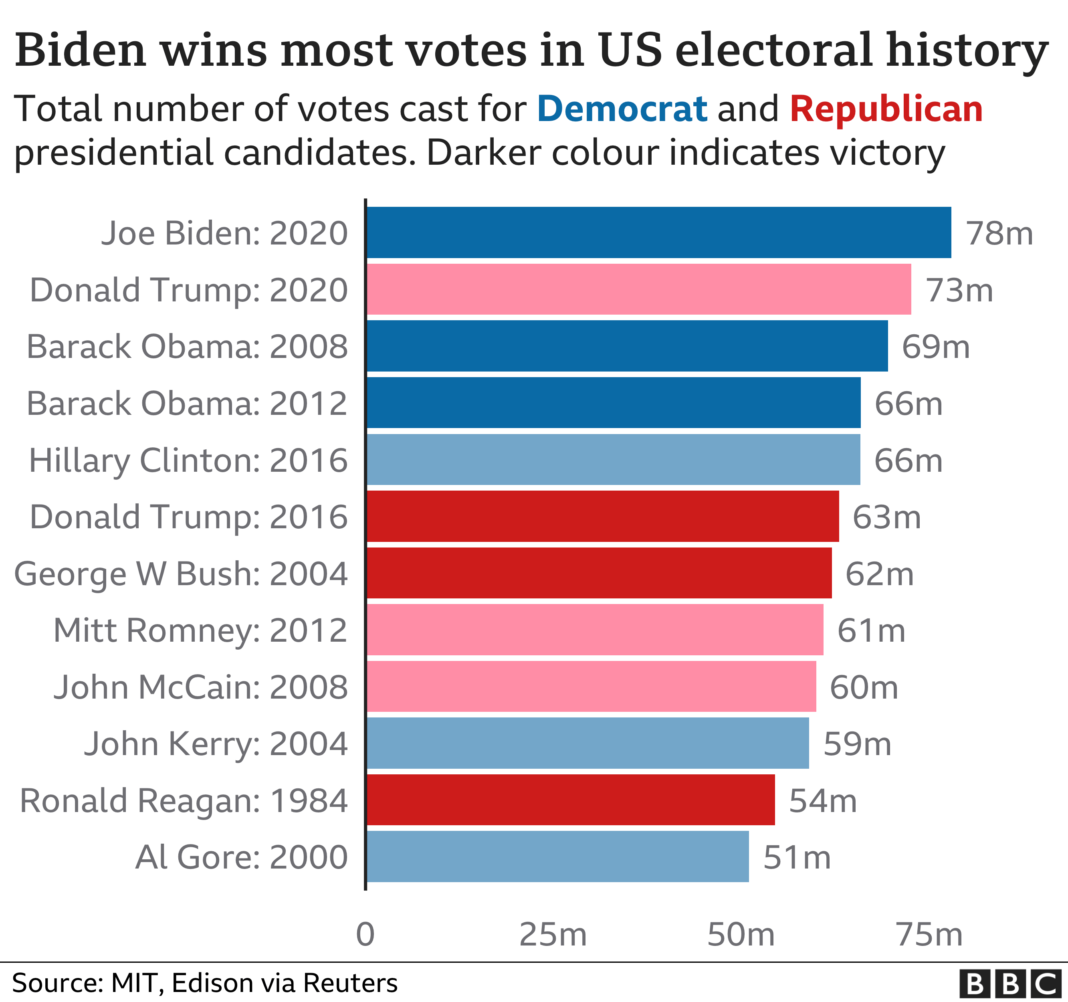Introductio n
n
In the lead-up to the 2024 elections, the influence of rumors on voter perceptions has become a critical aspect of the political landscape. With the rapid dissemination of information through social media, the impact of election rumors has intensified, shaping public opinion and potentially altering the course of electoral outcomes. This article delves into the ways election rumors are affecting voter perceptions, examines the mechanisms behind their spread, and explores the implications for the upcoming elections.
The Rise of Election Rumors
Election rumors are not a new phenomenon, but their prevalence and impact have grown significantly with the advent of digital communication platforms. In 2024, the spread of rumors is facilitated by social media networks, online forums, and messaging apps, which allow for the rapid and widespread dissemination of information, whether accurate or not.
Factors Contributing to the Spread of Rumors
- Social Media Algorithms: Platforms like Facebook, Twitter, and Instagram use algorithms that prioritize content based on user engagement. This often results in sensational or controversial posts gaining more visibility, even if they are based on false information.
- Echo Chambers: Social media can create echo chambers where users are exposed mainly to views and information that reinforce their existing beliefs. This environment can amplify the impact of rumors, as users are more likely to accept and share information that aligns with their views.
- Lack of Regulation: The speed at which information spreads online often outpaces the ability of regulatory bodies to address misinformation effectively. This regulatory lag allows rumors to gain traction before they can be fact-checked or debunked.
Types of Election Rumors
Election rumors can vary widely, but they often fall into several categories:
- Candidate Scandals: Rumors about a candidate’s personal life, past behavior, or criminal activity can significantly impact voter perceptions. These rumors can create doubt about a candidate’s integrity and qualifications.
- Election Fraud Claims: Allegations of election fraud or tampering can erode public trust in the electoral process. Rumors suggesting that an election is rigged or that votes are being manipulated can lead to decreased voter turnout and increased polarization.
- Policy Misrepresentations: Misleading information about a candidate’s policies or positions can distort voters’ understanding of the issues. For example, rumors that exaggerate or misinterpret a candidate’s stance on key issues can influence voter opinions and decisions.
The Impact on Voter Perceptions
The influence of election rumors on voter perceptions can be profound and multifaceted:
- Misinformation and Confusion: Voters exposed to false or misleading information may become confused about the candidates and the issues. This confusion can lead to indecision or reliance on less reliable sources for information.
- Polarization: Rumors that exploit existing political divisions can deepen polarization. When voters encounter rumors that align with their pre-existing biases, it can reinforce their political views and increase partisanship.
- Trust in Institutions: Persistent rumors about election fraud or misconduct can undermine trust in democratic institutions and processes. This erosion of trust can have long-term effects on voter engagement and the legitimacy of the electoral system.
Addressing the Challenge
Combating the influence of election rumors requires a multi-faceted approach:
- Promoting Media Literacy: Educating the public about media literacy and critical thinking can help voters discern credible information from rumors. Initiatives aimed at increasing awareness about the reliability of sources and the importance of fact-checking are essential.
- Strengthening Fact-Checking Mechanisms: Organizations dedicated to fact-checking play a crucial role in debunking false information. Enhanced collaboration between fact-checkers, social media platforms, and news organizations can help address the spread of misinformation more effectively.
- Regulating Online Platforms: Implementing stricter regulations on social media platforms to address the spread of false information can help mitigate the impact of election rumors. Transparency in how information is promoted and flagged as false can contribute to a more informed electorate.

- Encouraging Responsible Reporting: Journalists and media outlets have a responsibility to report information accurately and avoid amplifying unverified rumors. Ethical journalism practices can help prevent the spread of misinformation and maintain public trust in the media.
Conclusion
As the 2024 elections approach, the impact of election rumors on voter perceptions remains a significant concern. The rapid spread of misinformation through digital platforms poses challenges to the integrity of the electoral process and the health of democratic institutions. By promoting media literacy, strengthening fact-checking efforts, regulating online platforms, and encouraging responsible reporting, society can work towards mitigating the effects of election rumors and ensuring a more informed and engaged electorate. As voters, it is crucial to remain vigilant and discerning in the face of the ever-evolving landscape of election-related information.


